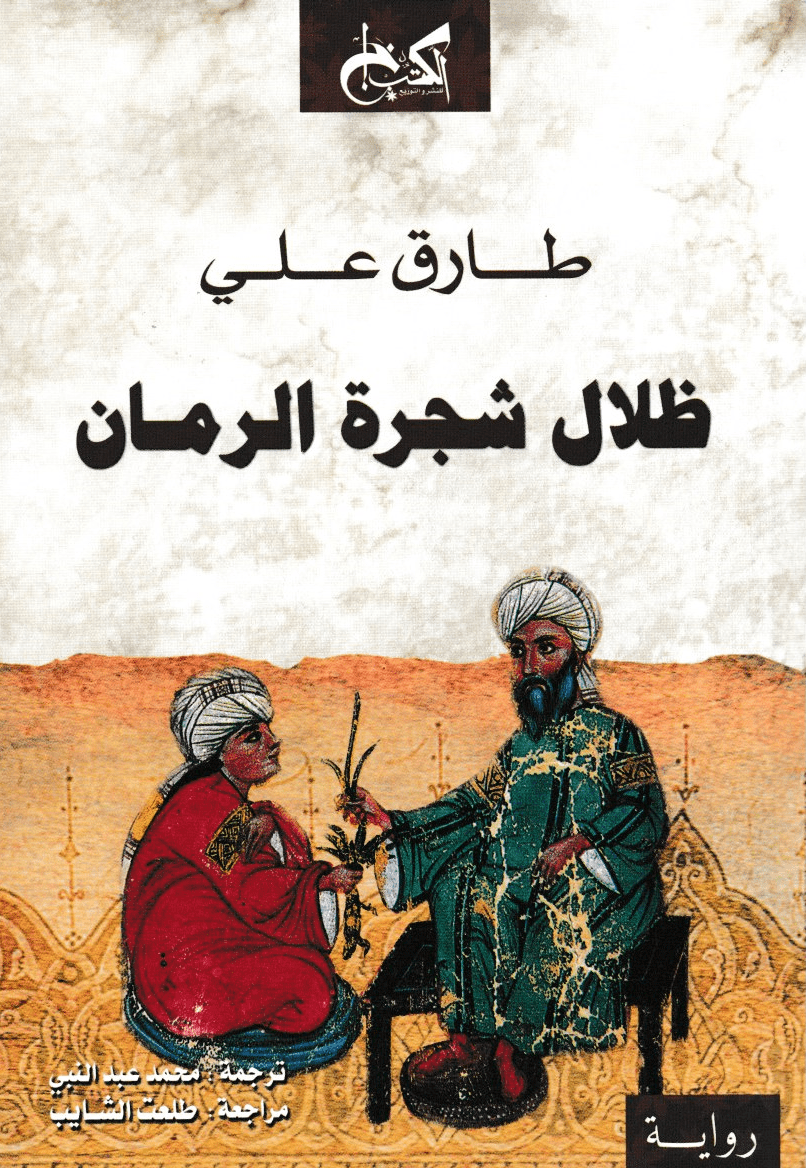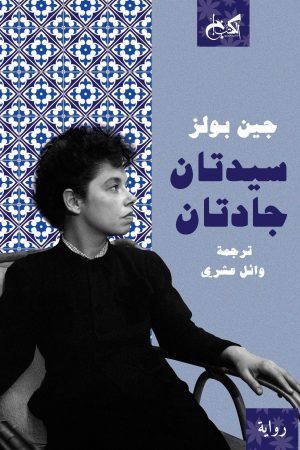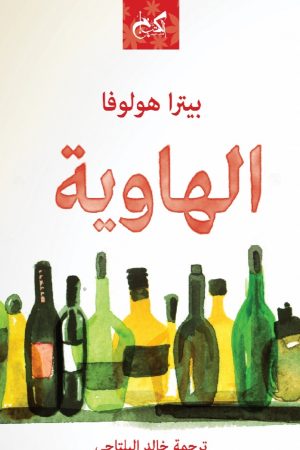Shadows of the Pomegranate Tree
240,00 EGP
Tariq Ali
Translated By: Mohammed Abdel Nabi
Shadows of the Pomegranate Tree is a historical novel by British Pakistani writer Tariq Ali, first published in 1992. The first of Ali’s Islam quintet, a series of historical novels about the confrontations between Islamic and Christian cultures, this novel is set shortly after the reconquista of Kingdom of Granada in Muslim Spain by the army of Ferdinand and Isabella in the late fifteenth century
Out of stock
Description
Beginning with the bonfire of over one hundred thousand books taken from all of the Muslim libraries in Granada, a seat of great learning in Moorish Spain, the story focuses on one family, the Banu Hudayl, who have lived in a small village near Granada for hundreds of years. As rumours begin to circulate of humiliations and possible banishments of Muslims by the conquering Christians, and even forced conversions to Christianity the Banu Hudayl and their fellow villagers, Muslim, Christian and Jew, can only wait in anguish for the approaching disaster
Additional information
| Weight | 350 g |
|---|---|
| Author | Tariq Ali He is the author of many books, including Pakistan: Military Rule or People's Power (1970), Can Pakistan Survive? The Death of a State (1983), Clash of Fundamentalisms: Crusades, Jihads and Modernity (2002), Bush in Babylon (2003), Conversations with Edward Said (2005), Pirates Of The Caribbean: Axis Of Hope (2006), A Banker for All Seasons (2007), The Duel (2008), The Obama Syndrome (2010),[3] and The Extreme Centre: A Warning (2015) |
| Translator | Mohammed Abdel Nabi |
You must be logged in to post a review.








Reviews
There are no reviews yet.